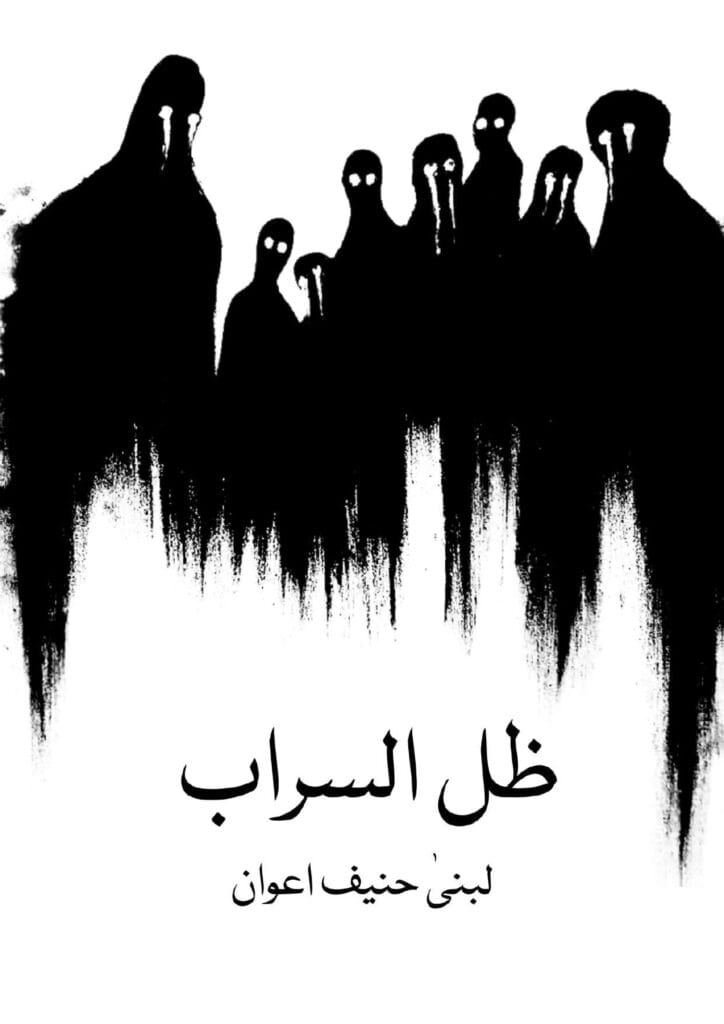کہانی ہے صحرائے تھل کے علاقے چوبارہ کی جہاں ایک لڑکی آتی تو چھٹیاں گزارنے ہے لیکن گاؤں والوں کی باتیں سن کر لگ جاتی ہے حق کی جنگ میں۔ سچ اور جھوٹ کی تلاش میں، صحیح اور غلط کی تلاش میں۔ اس سفر کے دوران اس پہ کھلتے ہیں ایسے راز کہ اس کے لیے فیصلہ کرنا مشکل ہو جاتا ہے کہ حقیقت کیا ہے اور کیا ہے سراب۔
This Urdu novel is set in the vast and mysterious sands of Chobara, a small village nestled deep within the Thal Desert — a land where silence speaks, and secrets are buried under layers of dust and tradition. What begins as a simple journey to spend the holidays turns into an unforgettable quest for truth, faith, and moral awakening.
The story follows a young woman from the city, free-spirited yet restless, who visits Chobara seeking calm from the chaos of urban life. But the desert has its own language — and soon, whispers of old disputes, unspoken injustices, and hidden sins begin to reach her ears. The people talk in riddles; their smiles hide stories, and their silence carries weight. When curiosity pulls her deeper, she finds herself caught between truth and illusion, right and wrong, faith and deceit.
This social commentary-based Urdu novel is an exploration of how truth shifts in the eyes of those who hold power — and how a single question can shake the foundation of a society built on fear and silence. Through the protagonist’s eyes, readers see a world that is both spiritually haunting and socially raw — where tradition collides with morality, and where seeking truth becomes an act of rebellion.
As she begins to unravel the layers of deception surrounding her, she encounters characters torn by conscience — a villager who hides his guilt behind piety, a woman who suffers in silence for the sins of others, and an elder whose words are both wise and warning. The deeper she goes, the blurrier the lines become. Is she uncovering truth — or creating a new illusion?
This novel blends mystery-based storytelling with philosophical introspection. It carries the rhythm of a psychological suspense story, where the real tension lies not in external danger, but in internal conflict — the battle between belief and doubt, courage and confusion. The Thal Desert becomes more than a setting; it becomes a living metaphor — vast, beautiful, but full of mirages.
The writer’s language weaves poetry into realism, making every description of the desert shimmer with emotional depth. Each grain of sand feels like a secret waiting to be uncovered. The novel’s tone recalls classic Urdu literary fiction, inspired by authors who blended mysticism with modernity, social awareness with spirituality.
While romance lingers subtly in the background — in glances, in silence, in the longing between what is said and unsaid — it is not a romance-based story. Rather, it is a journey-based narrative where the heroine’s relationship with truth becomes her greatest love and her deepest test. Her character embodies the “truth-seeker trope” — the woman who refuses to accept surface realities and dares to question what everyone else fears to confront.
As she uncovers shocking revelations about the village’s history, her perception of good and evil collapses. What she once believed to be sacred begins to seem corrupt; what she thought was sin begins to reveal purity. The final chapters blur reality and illusion until even the reader questions: is truth an absolute — or just another mirage shimmering over the sands of Thal?
This novel is for readers who love thought-provoking Urdu fiction, symbolic storytelling, and deeply emotional, introspective narratives. It’s a reflection on how truth often hides behind custom, how courage is born in isolation, and how deserts — both external and internal — reveal more than they conceal.
By the end, Chobara is no longer just a village, and the desert is no longer just sand — it becomes a mirror, reflecting the fragile balance between truth and illusion. And in that reflection, the reader — just like the heroine — must decide what to believe, and what to let go.

